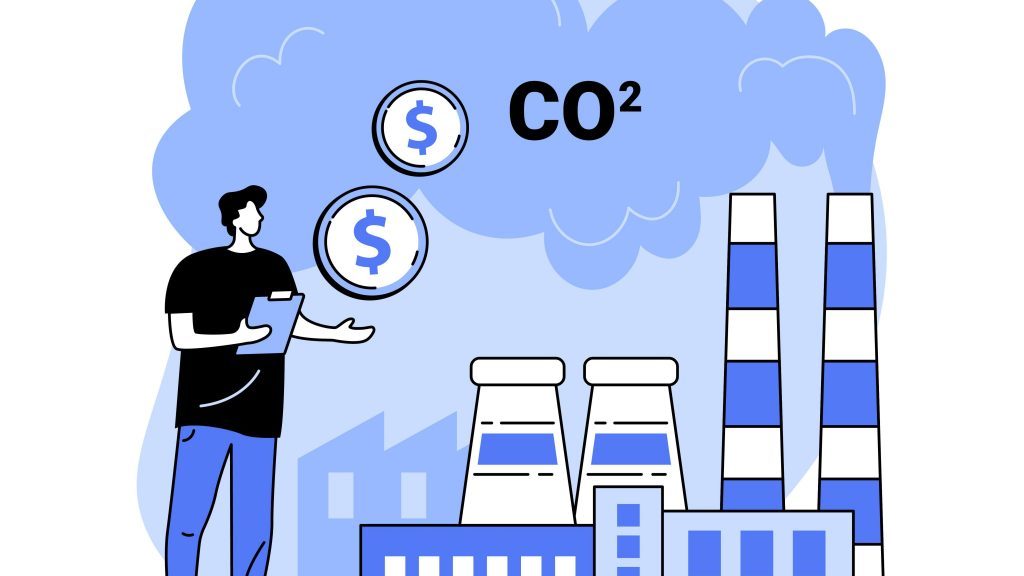I have discussed what makes the financial services industry so well placed to help the world tackle climate change in previous articles.
Clearly, if carbon became a new form of currency, its value would go far beyond the financial.
But making this work would require a wholesale reassessment of our views on value.
However, with a new outlook, the field could be valued for its potential to reduce carbon and improve biodiversity .
However it’s determined, the figure would need to convey value and have a mechanism for conferring that value between buyer and seller, which by definition is a currency.
Carbon trading is now a significant industry.
A facility must hold enough permits to cover the emissions it releases, and unused permits can be rolled over or sold.
These are credits that can be acquired from countries or industries outside of the cap, usually in the developing world.
These schemes’ variety and varying quality speak to the offsetting market’s inherent problems, both at a consumer and commercial level.
A carbon currency could undoubtedly build on existing systems but resolving these issues will be essential for building trust in any carbon system.
For example, one of the reasons cited by China for banning Bitcoin mining was that it accounted for just over 1% of the entire country’s energy consumption.
Plus, when implemented in the right way, blockchain solutions offer incredible energy efficiencies.
To work conceptually, a carbon currency would have to be global, so I predict it will almost certainly be a cryptocurrency of some description.
